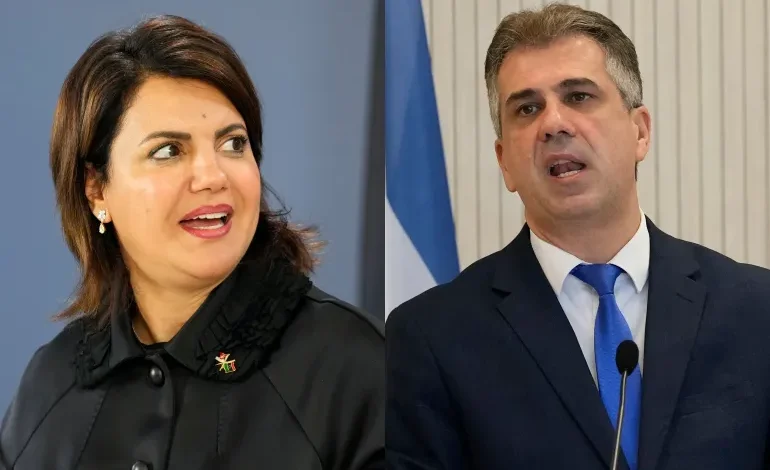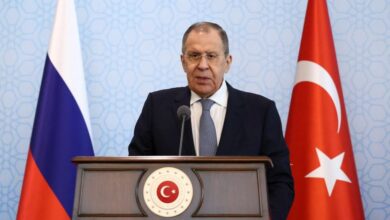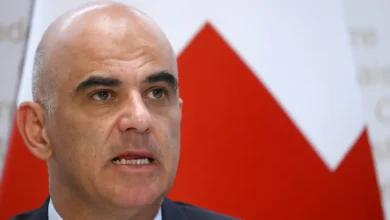Has the US push for Libya-Israel rapprochement failed?

Many analysts doubt that Libyan Prime Minister Abdul Hamid Dbeibah was truly unaware of plans for his foreign minister, Najla al-Mangoush, to meet her Israeli counterpart in Rome, and they instead believe she was thrown under the bus.
Last month, al-Mangoush met Eli Cohen for talks, and on August 27, Cohen announced the news, fuelling rage in Libya and creating a political crisis for the unelected, interim Tripoli-based government, which is struggling with a lack of public legitimacy.Israel seemed to be trying to show that normalisation with Arab countries is gaining momentum despite no new states joining the Abraham Accords for almost three years. By announcing the meeting, it appeared to say that it is “normal” for high-ranking Arab officials to meet their Israeli counterparts – but the “Arab Street” did not agree.
Regardless of what Dbeibah knew and when he knew it, his government had to deal with the outcry.
In Libya, especially western Libya, there is no appetite for normalising relations with Israel. Andreas Krieg, associate professor at the Defence Studies Department at King’s College London, told Al Jazeera that Libyans have been “the most passionate about speaking out for Palestine and against Israel”.
During Muammar Gaddafi’s 42 years in power, “Israel was the enemy,” said Federica Saini Fasanotti, senior associate fellow at the Italian Institute for International Political Studies.“That legacy is still very much present in post-Gaddafi Libya, and I would not underestimate it if I were Dbeibah.”
“It’s near impossible to get public support for normalisation with Israel,” Krieg said. “In Libya, there is this civil society, and this civil society may have been limited under Gaddafi, but … that civil society had one rallying point, and that was Palestine. That hasn’t really changed.”
US foreign policy implications
Officials in Washington were livid about the leak against the backdrop of quiet efforts by President Joe Biden’s administration to bring Libya into the Abraham Accords.
Acting United States Ambassador to Israel Stephanie Hallett met with Cohen to express dissatisfaction. One US official said the leak “killed” the possibility of Libya normalising ties with Israel while making it harder to expand the accords to new Arab Islamic countries.Libya’s Tripoli-based government seemed to have been trying for more US backing and greater legitimacy on the international stage.
“If you don’t have public legitimacy, then you can get international legitimacy, and I think the Biden administration has signaled to the Dbeibah government that joining the Abraham Accords might be a way to get international legitimacy and support in Washington,” Krieg said.










